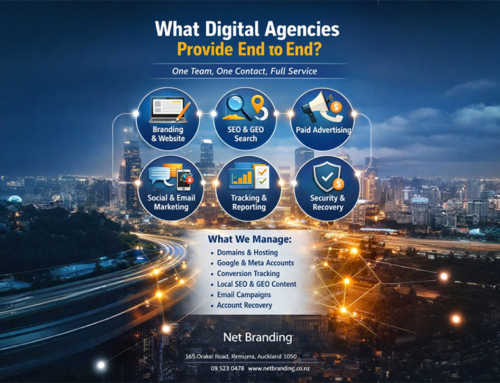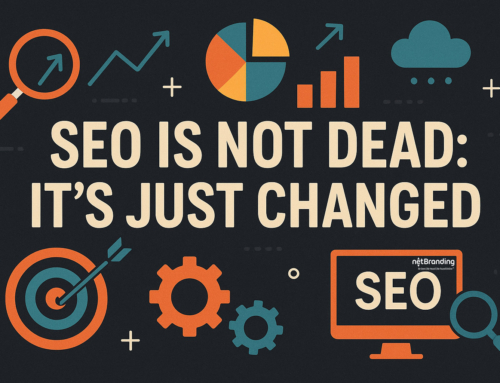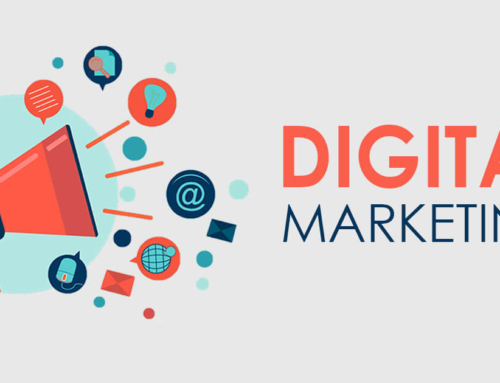
Why the Digital Side Matters More Than Ever
When we buy or sell a business, we usually look at the typical assets.
- We look at the building.
- We look at the revenue.
- We look at the stock levels.
And we look at all the things our business coach and accountant tell us to review.
But why is the digital side of that business sale or purchase more important than ever? What is due diligence when buying or selling a business, and most accountants reflect on this and acknowledge that, in many cases, this is not something that they have considered. Many now recommend a marketing asset audit for any business sale or purchase.
When you’re buying or selling a business, most people – as I’ve already said – focus on the numbers.
- They focus on the revenue.
- They focus on the customer list.
- They focus on costs and the profit and loss.
But what about the digital stuff?
- Is the website actually generating leads?
- What is the real source of these leads?
- Are conversions and information being tracked and measured?
- Who owns the domain, and how was the email set up?
- Are the social accounts in good shape – or even real?
- Are the followers and connectors with that brand legitimate?
- Is the website domain in good standing?
Whether you’re the buyer or the seller, skipping the review of digital assets can leave you a little exposed – or in some cases, a lot exposed, as I’ve seen firsthand.
1. What Is a Digital Asset Audit?
Not all business assets are physical.
A digital audit looks at the performance, ownership, and quality of all things online.
This may include:
- Website structure, search engine optimisation (SEO) or GEO, traffic, and content ownership.
- Google Business Profile and how Google views it.
- Social media accounts – access, credibility, content regulation.
- Comparison of social media standing against competitors in the same space.
- Domain names and emails.
- Ad accounts. (Google Ads, Facebook Ads, etc.)
- Reviews and online reputation.
If it touches your digital presence, it should be reviewed.
A proper audit gives you an overview of the entire digital footprint so you can be sure those assets are in good standing, and you are not making any assumptions.
2. Buying a Business? Do These Pre-Purchase Digital Checks
Before you sign anything, make these part of your due diligence:
- Website audit – Is it functional? Secure? Indexed by Google? Have all the pages been indexed? Are all site elements working?
- SEO health -Are there any penalties? Duplicate content? Spammy backlinks?
- Traffic sources – Is the traffic real and sustainable, or has it been artificially inflated over the past few months?
- Ownership – Who owns what? Domains, email hosting, logins -check they’re valid and transferable.
- Social media access -Are accounts active and tied to the business, or to a staff member who may leave?
- Reviews – Are they authentic, or has the profile been suddenly flooded with suspicious five-star ratings? Ratings that could disappear suddenly and impact your Google Profile.
You wouldn’t buy a car without checking under the bonnet.
The same rule applies here. Do your due diligence when buying a business.
3. Selling Your Business? Get Your Digital House in Order
If you want the best price for your business and a smoother handover, prep these in advance:
- Clean up and back up all logins and access credentials.
- Remove personal email logins from business tools.
- Ensure your website is updated and error-free.
- Run a technical SEO audit – fix crawl issues, broken links, duplicate pages.
- Link all Google services properly: Analytics, Tag Manager, Search Console, Ads.
- Make sure all ads are connected and tracking traffic accurately.
- Standardise branding across platforms.
Doing this before the sale avoids last-minute questions from the buyer – questions that can slow down or even derail a deal.
4. Some Common Red Flags Buyers and Sellers Miss
- Website still owned by a former developer.
- Multiple Google Business listings with conflicting details.
- Multiple ad accounts – some disabled or in bad standing. This will be picked up by Google at some stage and cause issues.
- No admin access to key digital tools.
- Website and/or content with bad SEO. Perhaps outdated or spammy tactics.
- Sudden ranking drops linked to black hat methods.
- No backup or documentation for digital assets.
5. How a Digital Audit Adds Value to the Sale
For buyers:
- Confidence in what you’re taking over.
- Reduced risk of unseen costs after the sale.
- Better negotiation position if issues are found.
For sellers:
- Greater credibility with buyers.
- Potential to justify a higher asking price.
- Faster, smoother transfer of assets.
- Fewer delays caused by missing digital paperwork.
Wrap-Up: Add Digital to Your Due Diligence List – it is what any savvy buyer or seller should do.
When doing due diligence – whether you’re buying or selling – ignoring the digital side is a mistake.
A structured website audit or digital due diligence review doesn’t take long, but it can save you thousands and sometimes uncover hidden value.
Need help with a digital asset audit?
Net Branding can help whether you’re buying or selling.
We’ll assess your digital presence, make sure nothing gets missed, and help minimise risk in the transaction.
FAQs
Q: How long does a digital asset audit take?
Usually a week or two. However, this would depend on the size of the business or the elements we run into.
Q: What if I don’t have access to everything?
We could help recover logins and confirm ownership.
It’s common – and it can be fixed before it turns into a bigger problem.






